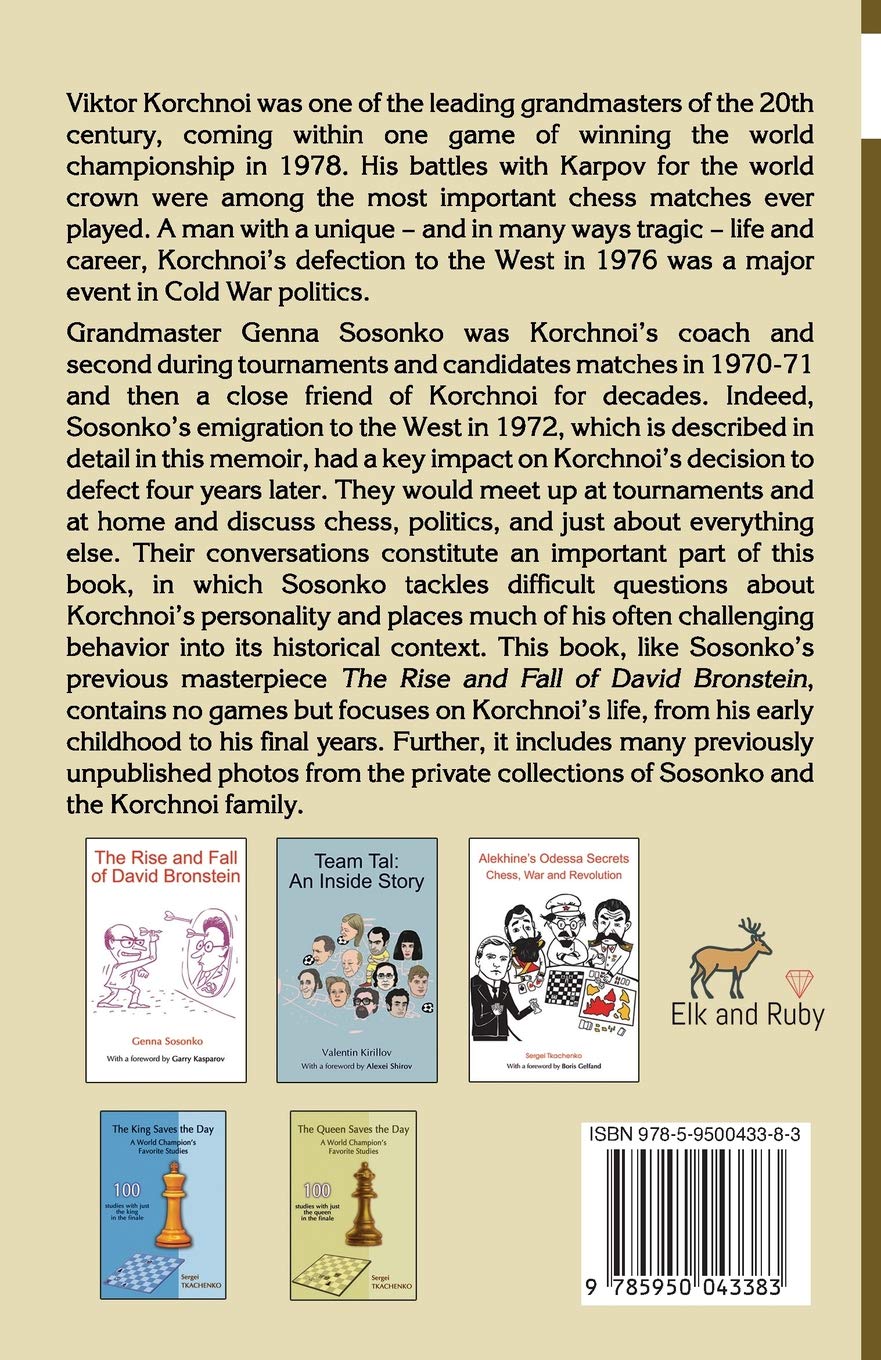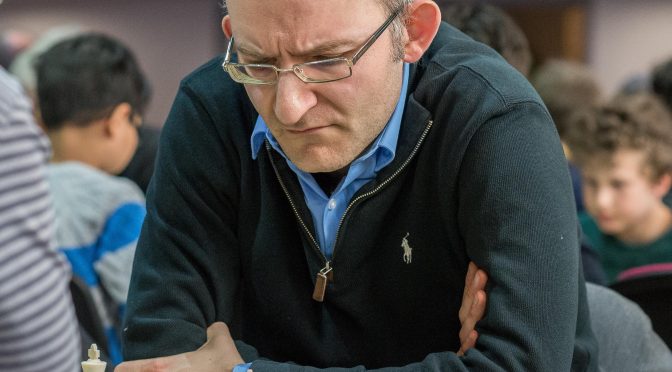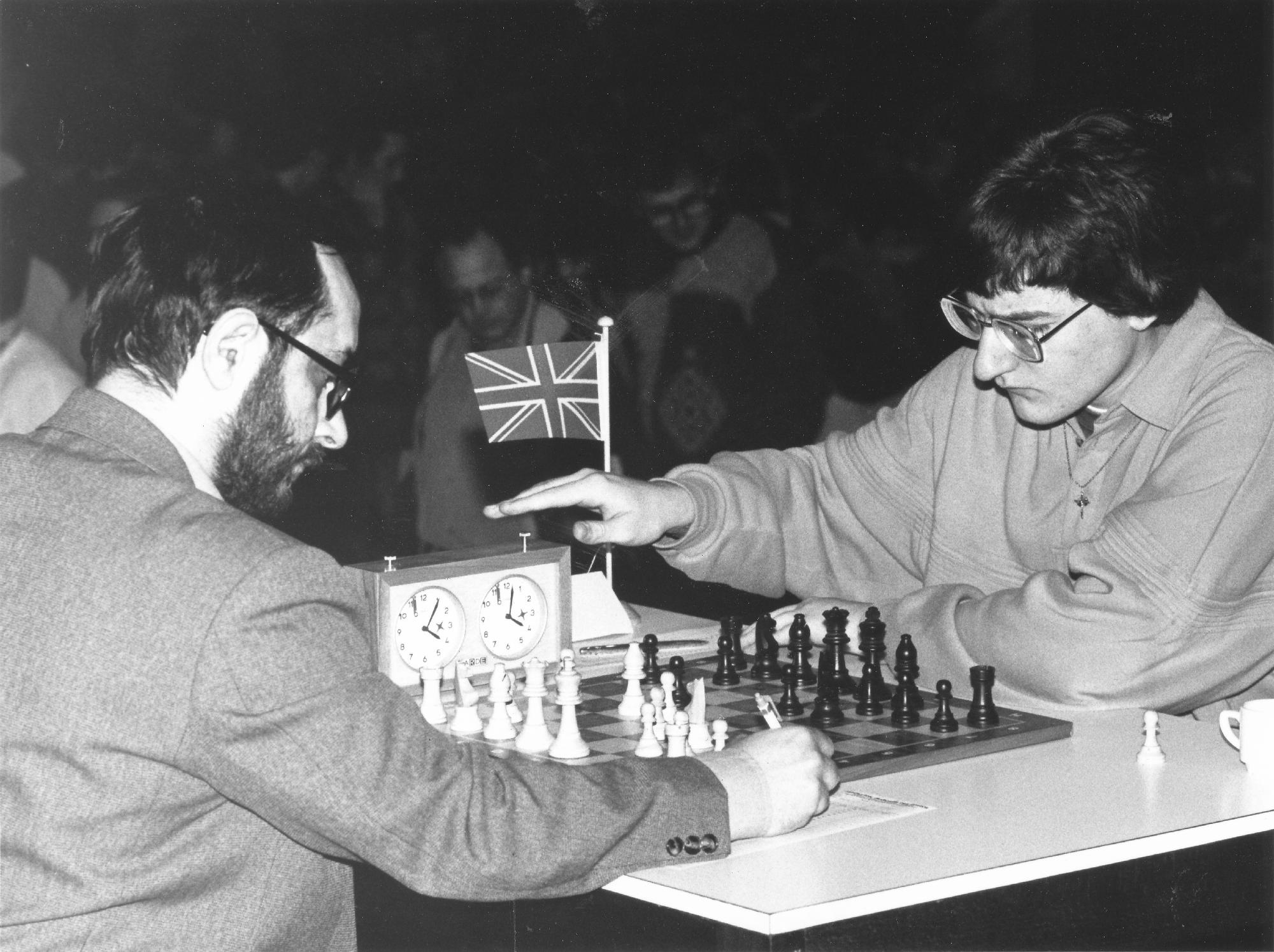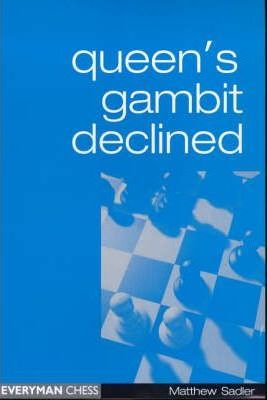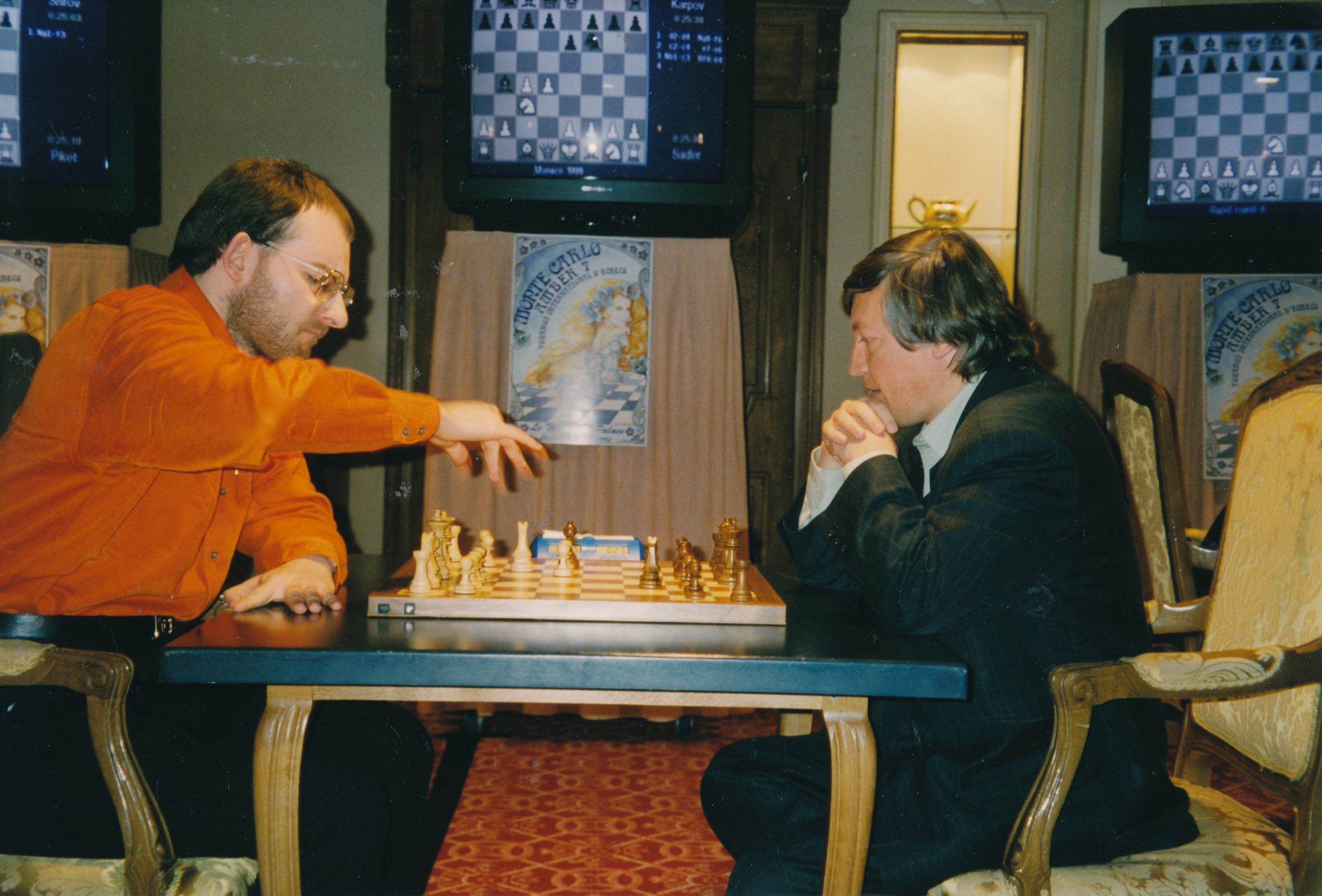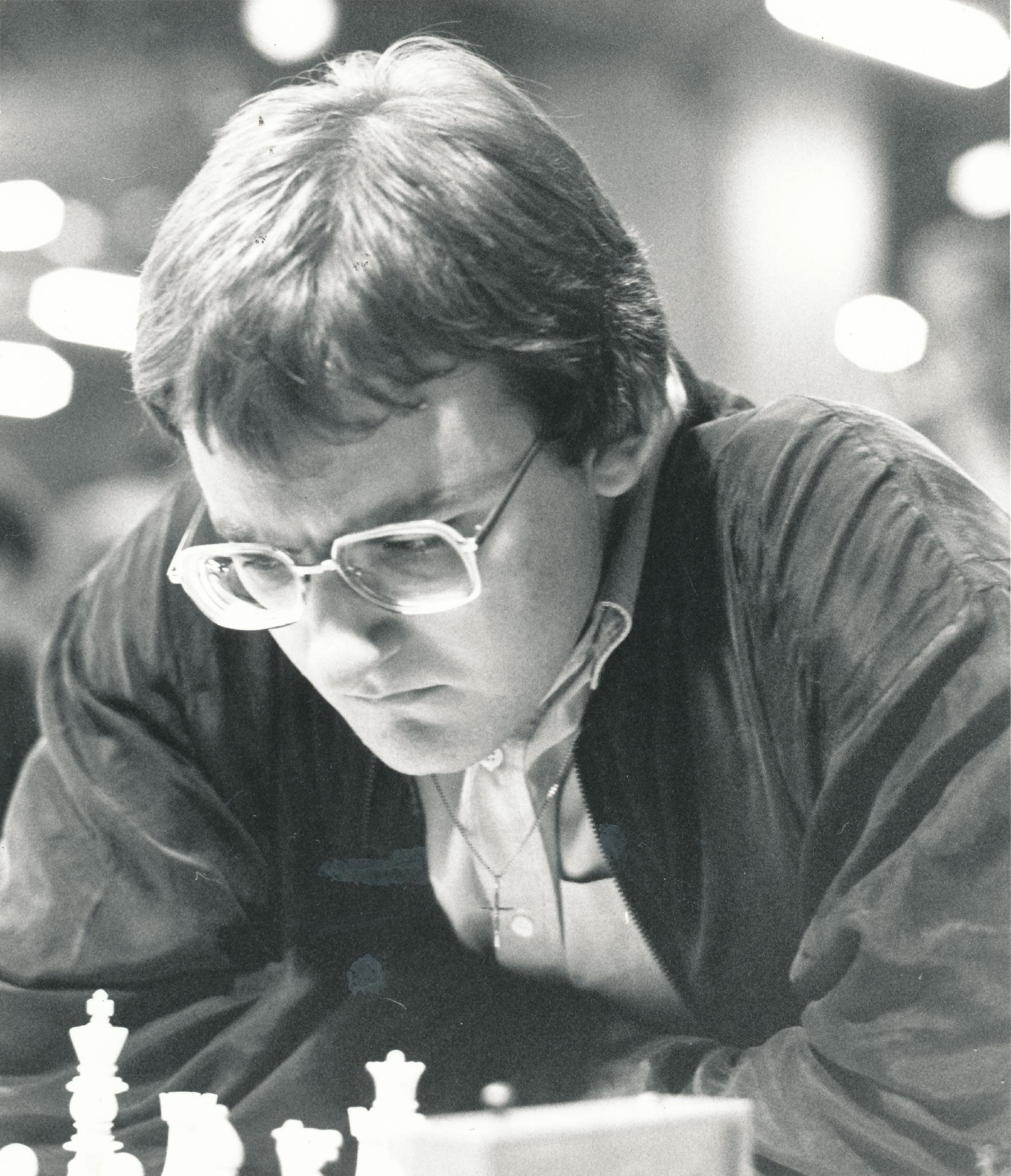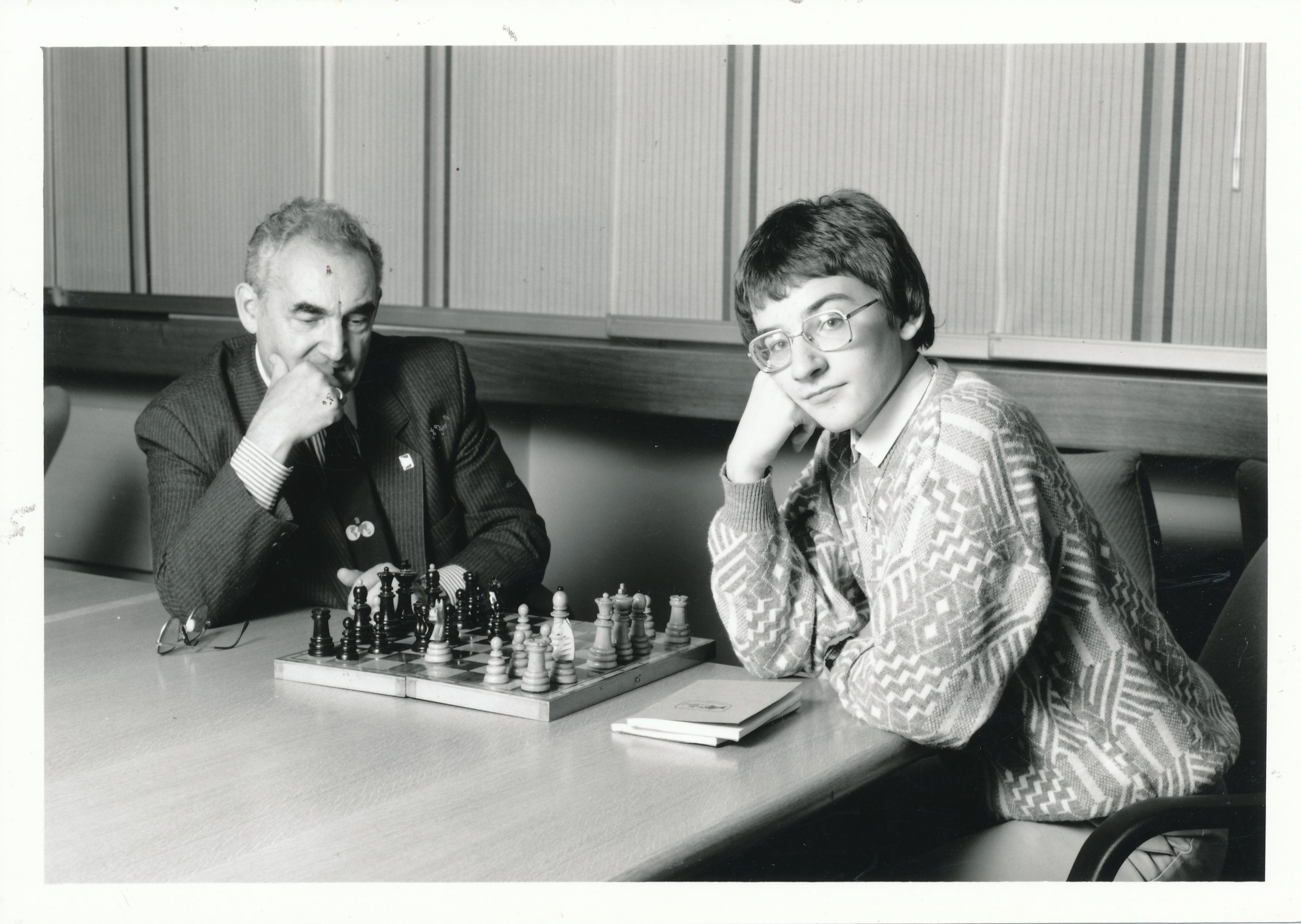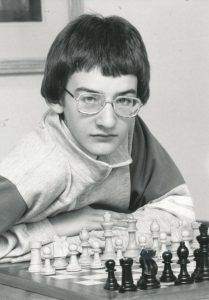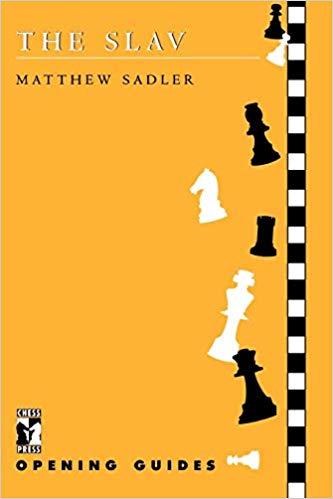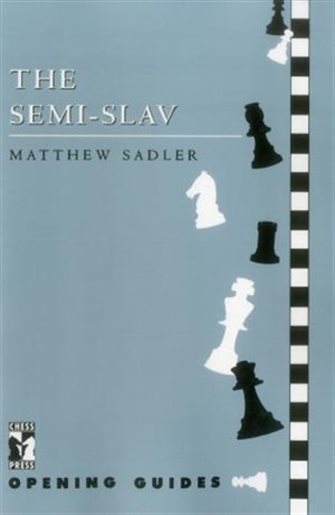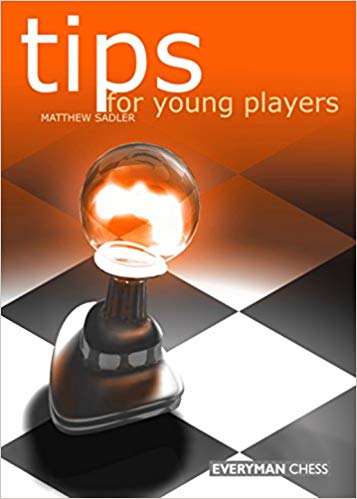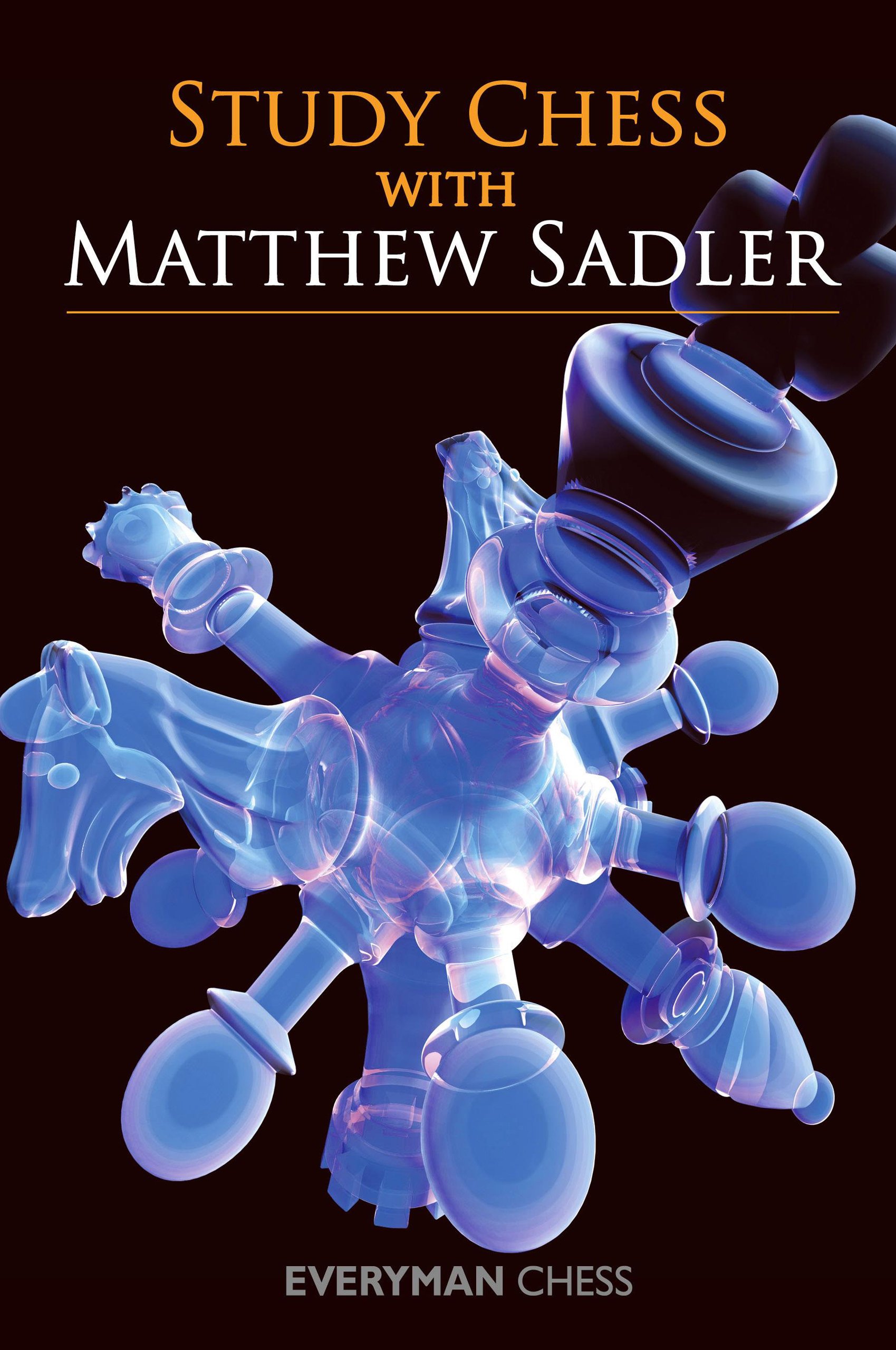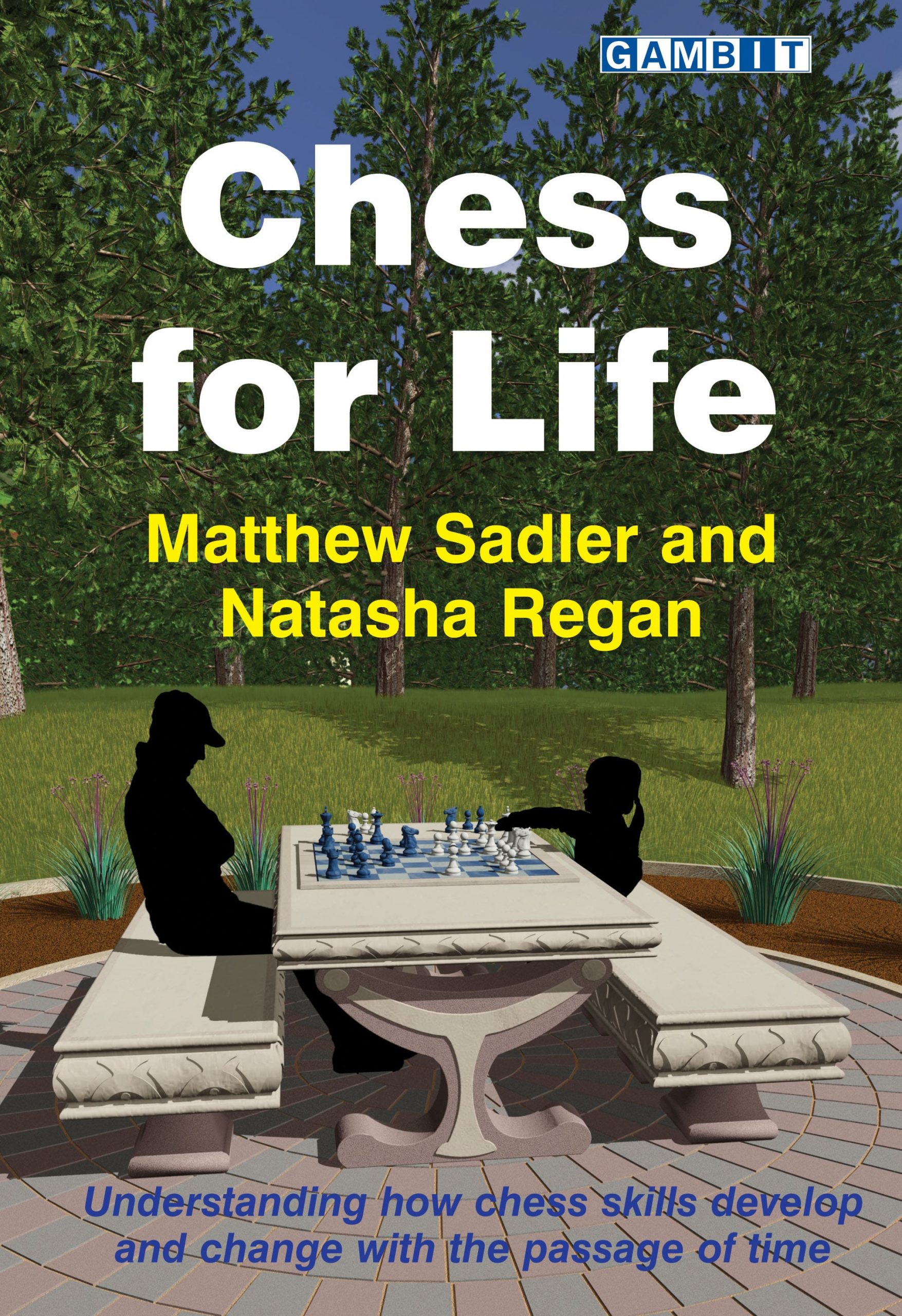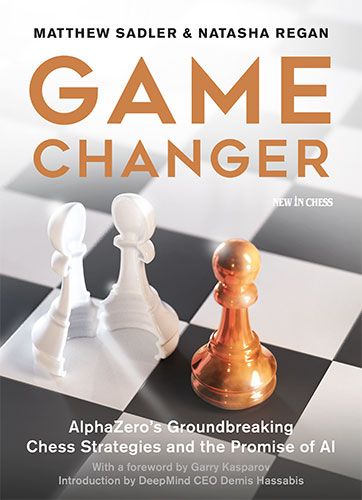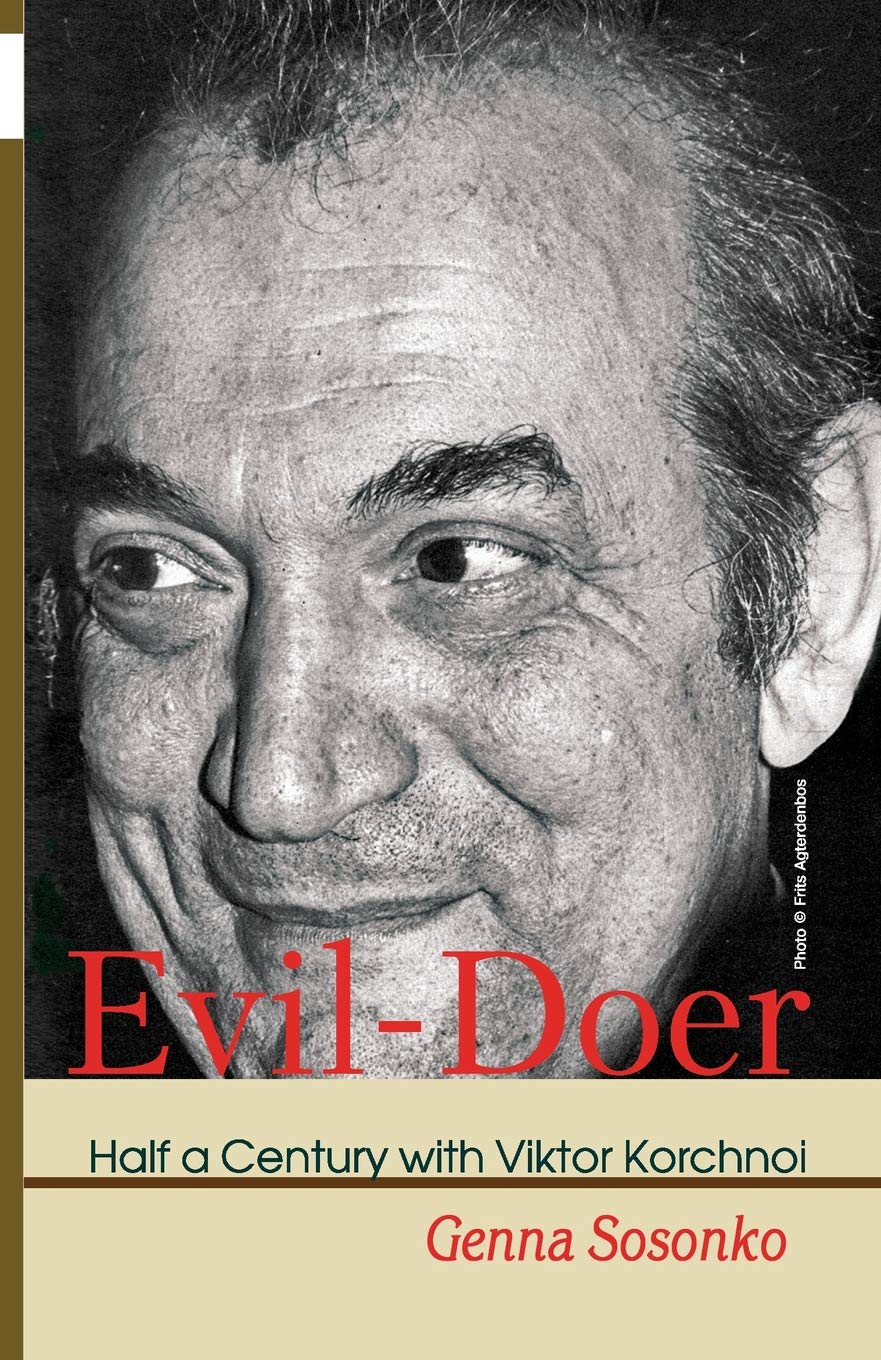
Evil-Doer : Half a Century with Viktor Korchnoi : Genna Sosonko
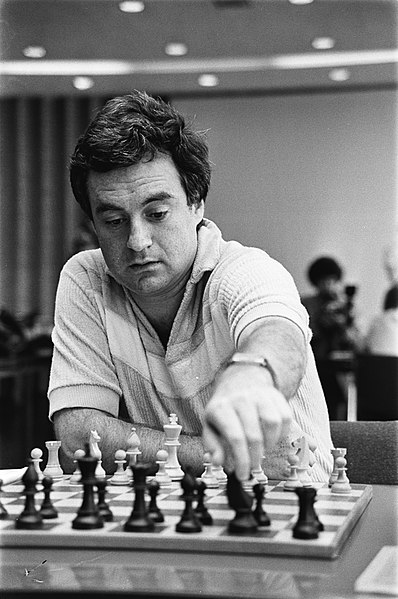
Genna Sosonko emigrated from the USSR to the Netherlands in 1972. For the past 20 years or so he’s made a career out of writing essays and books about chess in the Soviet Union, and interviewing many of the leading players from that period.
It was Saturday 17 January 1976. The height of the English Chess Explosion. Richmond Junior Chess Club had opened its doors for the first time just a few months earlier.
As was customary at the time, the visiting Soviet GMs who had been competing at Hastings played simuls against prizewinners from the London Junior Championships, which in those days attracted most of the country’s top young players. And so it was that I was there at a London school to witness two of the all-time greats, Bronstein and Korchnoi, taking on the cream of England’s up and coming chess talents.
The contrast was noticeable. Bronstein played fast, took some risks and finished quickly (+17 =9 -4). Korchnoi played slowly, taking every game seriously, and using 7 hours to complete his 30 games (+20 =9 -1), losing only to a certain N Short. He said at the time something to the effect that he wanted his young opponents to understand what it was like to play against a strong grandmaster.
This story sums up the difference between two men who had much in common but a very different attitude towards chess.
Bronstein was born in Ukraine, the son of a Jewish family. Korchnoi’s Polish Catholic father and Jewish mother had moved from Ukraine to Leningrad a few years before he was born. Both men were obsessed with chess while neither had great social and communication skills. Both, of course, came within a whisker of becoming world champion.
I’ve recently reviewed Sosonko’s memoirs of Smyslov and Bronstein: the book in front of me now is without doubt the most successful of the trilogy. Korchnoi and Sosonko had been close friends for half a century, although at one point not on speaking terms for some time.
Korchnoi could at times be rude, argumentative and bad-tempered, but that was part of the man, and his friends, such as Sosonko, accepted and perhaps even respected him for it. On reading an article in which Nigel Short, his young conqueror all those years ago in the London Juniors simul, described him as a ‘cantankerous old git’, he confessed that, although his English was pretty good, he was only familiar with one of the three words. Growing up as he did during the Siege of Leningrad, suffering his parents’ divorce and the death of his father, poverty, hunger and ill-health, you might think, along with Sosonko, that his difficult personality was understandable. You might also ask yourself whether it was, at least in part, something he was born with.
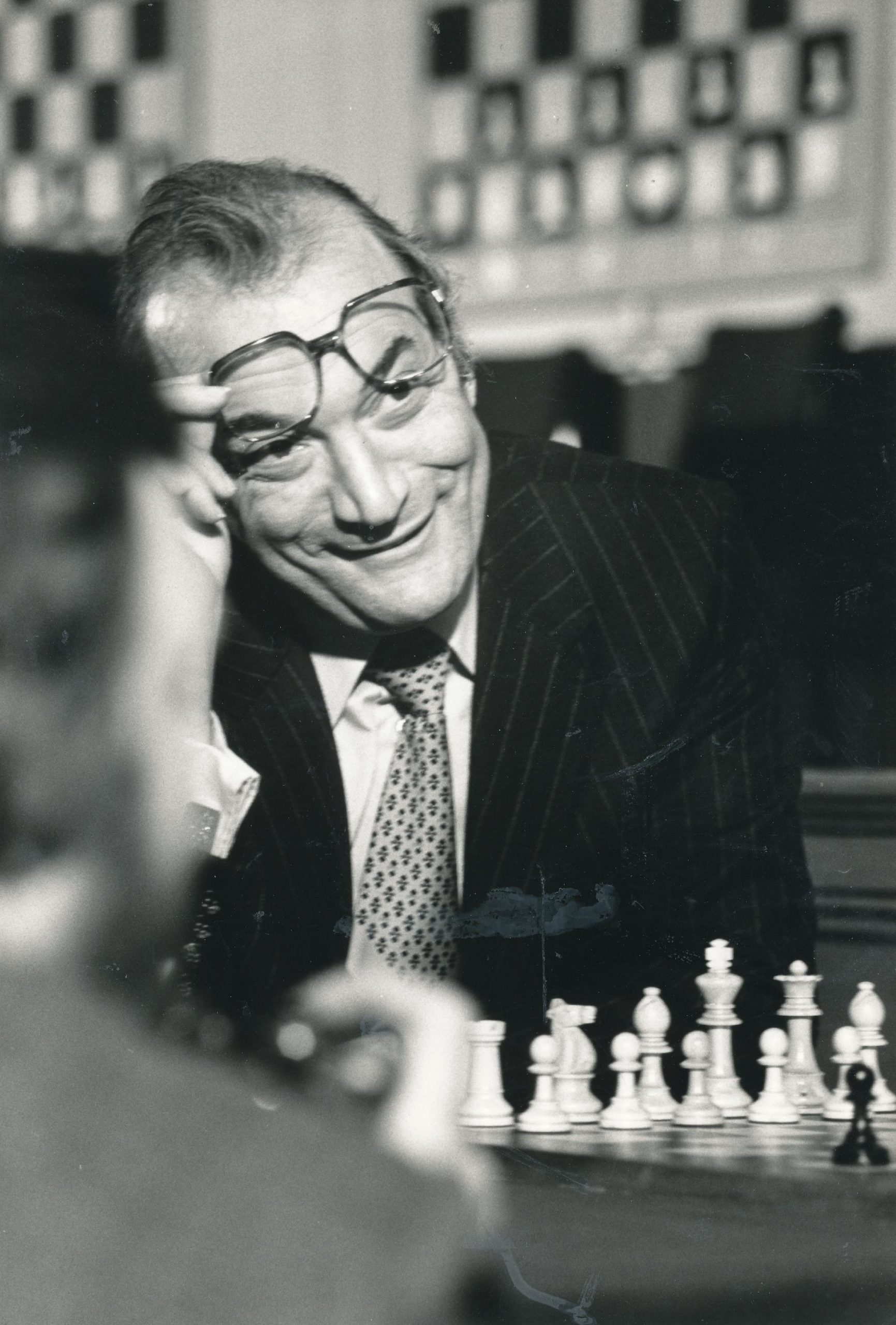
“I have problems communicating with other people”, he once said. “Therefore, I do what I like the most. Most of all I like chess, and, to be honest, I don’t know what else I could do.” (No, I don’t know when or where he said it, but that’s Sosonko for you. No sources, just lots of ‘he saids’, allegations and speculations.)
Korchnoi admitted and accepted his differences, while Bronstein, to use the current vogue word, masked his differences.
Bronstein peaked early, while Korchnoi peaked remarkably late. Bronstein seemed to play for fun, driven by fantasy and imagination, while Korchnoi was a dour and dogged defender who took every game seriously. But it was Bronstein who gradually fell out of love with chess, his obsession turning from the game itself to the perceived injustices he suffered. Korchnoi, in contrast, like Edith Piaf, regretted nothing and remained passionately devoted to chess right to the end of his life.
A long and eventful life it was, too. From wartime hardships to chess stardom, political asylum in the West, world championship matches against Karpov, and his final decades spent quietly (as if Korchnoi could ever be quiet) in Switzerland, it’s all here. Readers of Sosonko’s other books will know what to expect. There’s no chess in it at all, so, unless you’re inspired by Korchnoi’s determination, it won’t do anything to improve your rating. Nor is it an academic history: just memoir and anecdotes. I’m not convinced by the title: ‘evil-doer’ was how he was referred to by some Soviet players after his defection. It’s a title I might use about Hitler or Stalin, but Korchnoi, whatever his faults, didn’t do evil. But if you want 300+ pages about the man, written by a friend and admirer for half a century, you’ll enjoy reading this book.
Richard James, Twickenham 15th May 2020

Book Details :
- Softcover : 314 pages
- Publisher: Limited Liability Company Elk and Ruby Publishing House (17 May 2018)
- Language: English
- ISBN-10: 5950043383
- ISBN-13: 978-5950043383
- Product Dimensions: 12.9 x 1.8 x 19.8 cm
Official web site of Elk and Ruby
